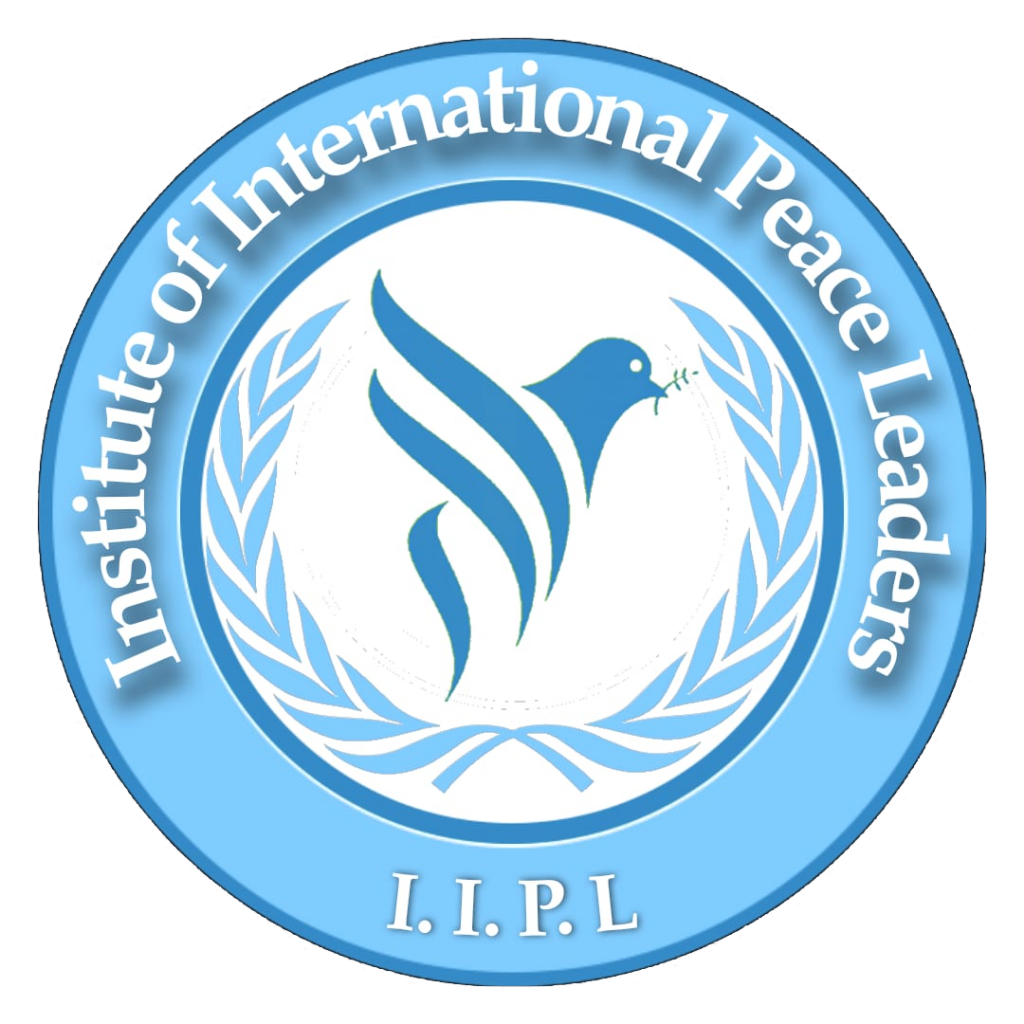Implementation of Strategies to Resolve the Opioid Crisis as We Emerge from the Pandemic
By Imran Ahmed and Dr. Austin Mardon
The COVID-19 pandemic has affected every single individual around the globe, especially those who have been suffering, or have developed, an addiction to opioids. It is understandable that the social isolation, loss of work, loss of a family member and lack of access to mental health resources would push someone to find solace in opioids. Thus, this is why more needs to be done at the policy level to ensure that those who have been impacted by the pandemic in this way can have well equipped support systems that will be stronger than before as we emerge from this pandemic. The White House and CDC have issued guidelines that may assist in improving the mitigation efforts for this opioid epidemic. Steps include expanding safe access to new treatments and innovations, increasing the safe use of medication assisted treatment, educating as to what is safe and appropriate opioid prescribing (Forbes, 2021). One of the steps that can be taken to implement these changes is advancing workplace education on pain, recovery and harm reduction strategies in the workplace. To further elaborate, there was an article written by the Harvard Business Review which outlines how leaders in the workplace need to play an important role in facilitating access to chronic pain management. This can take the form of creating organizational programs for leaders in the workplace so that they know how to recognize when employees are experiencing chronic pain, how to initiate a conversation with them, and how to guide them to the necessary resources for them to receive the appropriate help. Furthermore, there are various key ways that an employer can improve pain, and by extension addiction, management for their employees. First, employers should always be ready to support their employees by listening. A leader must not pressure their employees to share, but be open to listening and supporting when they choose to have this conversation. Also, asking employees as to how health support can be improved in the organization could be a discrete way for employees to open up about ways they can be assisted. Secondly, the allotment for a flexible work environment is crucial. The COVID-19 pandemic has shown that millions of people transferring into remote work is possible while maintaining performance. Receiving opioid addiction treatment, such as OAT, while working from home may mean that the individual will be more productive as having flexible hours can accommodate their physical needs. Additionally, something that can be implemented at the provincial level is the creation of a multi-sectorial opioid overdose task force. This suggestion from the medical officer of health for Toronto, Eileen De Villa, and the task force would include public health officials, community-based service providers, people with lived and living experience of drug use, and family members (City of Toronto). This coordinated effort from people with different levels of expertise and experiences would be incredibly beneficial to approaching this crisis from a holistic perspective. Generating and maintaining this approach as we move out of this pandemic is paramount as having spent two years in social isolation can have detrimental effects on the worldview of those afflicted with this addiction; thus, allowing individuals from the same environment to communicate their struggles can help alleviate the effects of social isolation.
About Writers:
Imran Ahmed is a student in the Faculty of Science at McMaster University. Austin Mardon, PhD, CM, FRSC, is an Adjunct Professor in the Faculty of Medicine and Dentistry at the University of Alberta.
